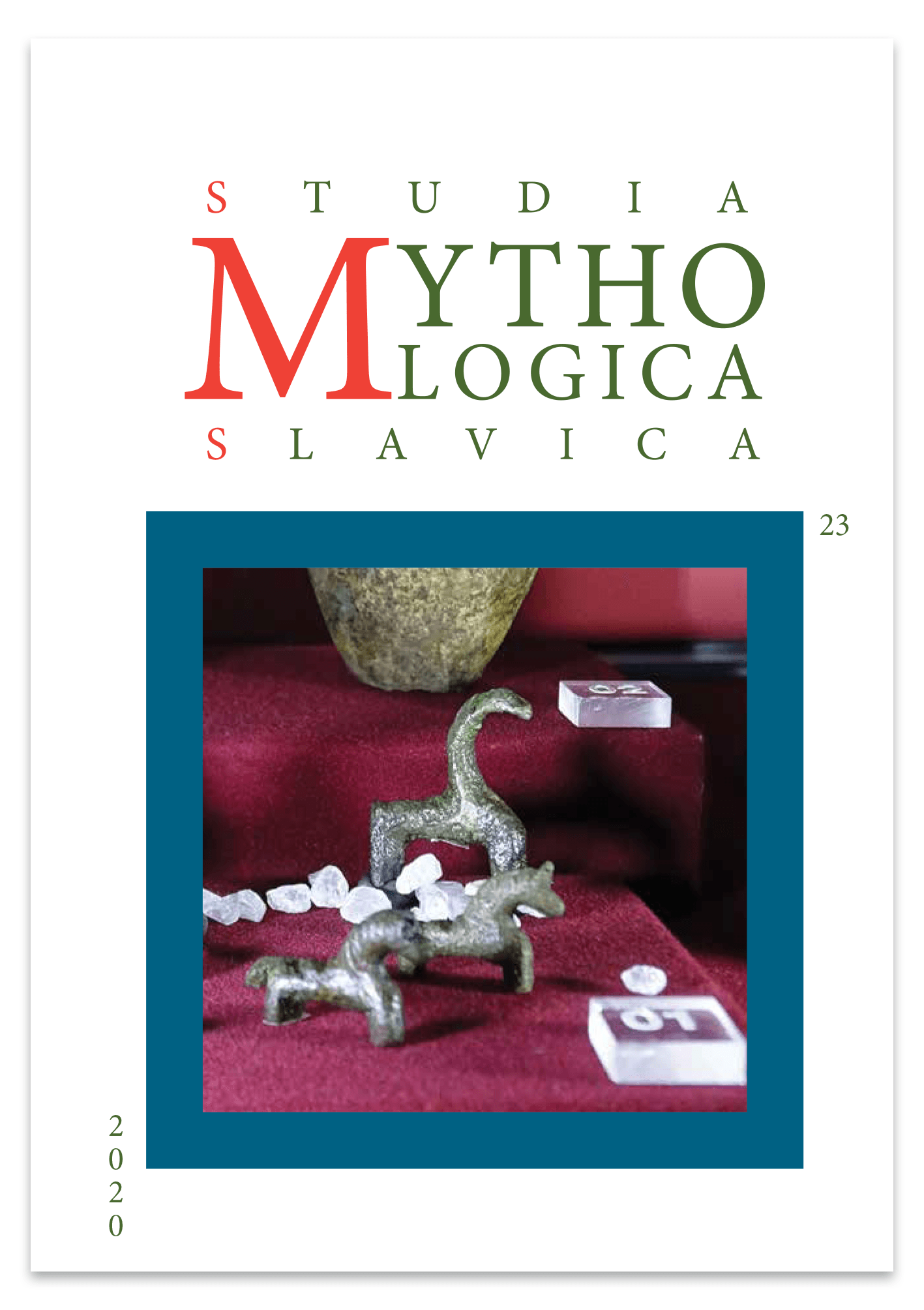“Zoopoetic Dwelling”: The Ecology of the Connectedness of Animal and Human Homes and Dwelling Through Folklore and Literary Representations
DOI:
https://doi.org/10.3986/SMS20202312Keywords:
zoopoetic dwelling, animals, animal culture, anthropocentrism, anthropomorphism, zoo-ecocentrism, zoopoetics, Fran Erjavec, Richard Adams, Iztok GeisterAbstract
The act of dwelling and physical dwellings is not an exclusively human domain: all spaces, environments and homes of various animals are included. The question of whether an animal merely exists or also lives and dwells forms the basis of the article. We examine the types of environment in which nonhuman animals live either together with people or independently and those where they build their dwellings. We look at the difference between dwelling and building. We will present three viewpoint models that consider animals, their dwelling and physical dwellings on the basis of folkloristic, anthropological, philosophical, eco-critical, and critical-animalistic findings. They are the anthropocentric, anthropomorphic, and zoo-centric models as they appear in the works of Fran Erjavec (Domače in tuje živali v podobah, 1868-1873), Richard Adams (Watership Down, 1972) and Iztok Geister (Narava, kot jo vidi narava, 2010). The way these works present animals and their dwellings, more or less closely reflecting reality, will aid in determining whether these dwellings are part of nature or culture. We will be asking, for example, whether the beaver’s dwelling is an architectural masterpiece or merely a result of instinctive behaviour. Our starting point is based on the understanding that animals are persons and, as such, are capable of dwelling and intentionally producing their physical dwellings.
Downloads
Downloads
Published
How to Cite
Issue
Section
License

This work is licensed under a Creative Commons Attribution-NonCommercial-NoDerivatives 4.0 International License.
Authors guarantee that the work is their own original creation and does not infringe any statutory or common-law copyright or any proprietary right of any third party. In case of claims by third parties, authors commit their self to defend the interests of the publisher, and shall cover any potential costs.
More in: Submission chapter





